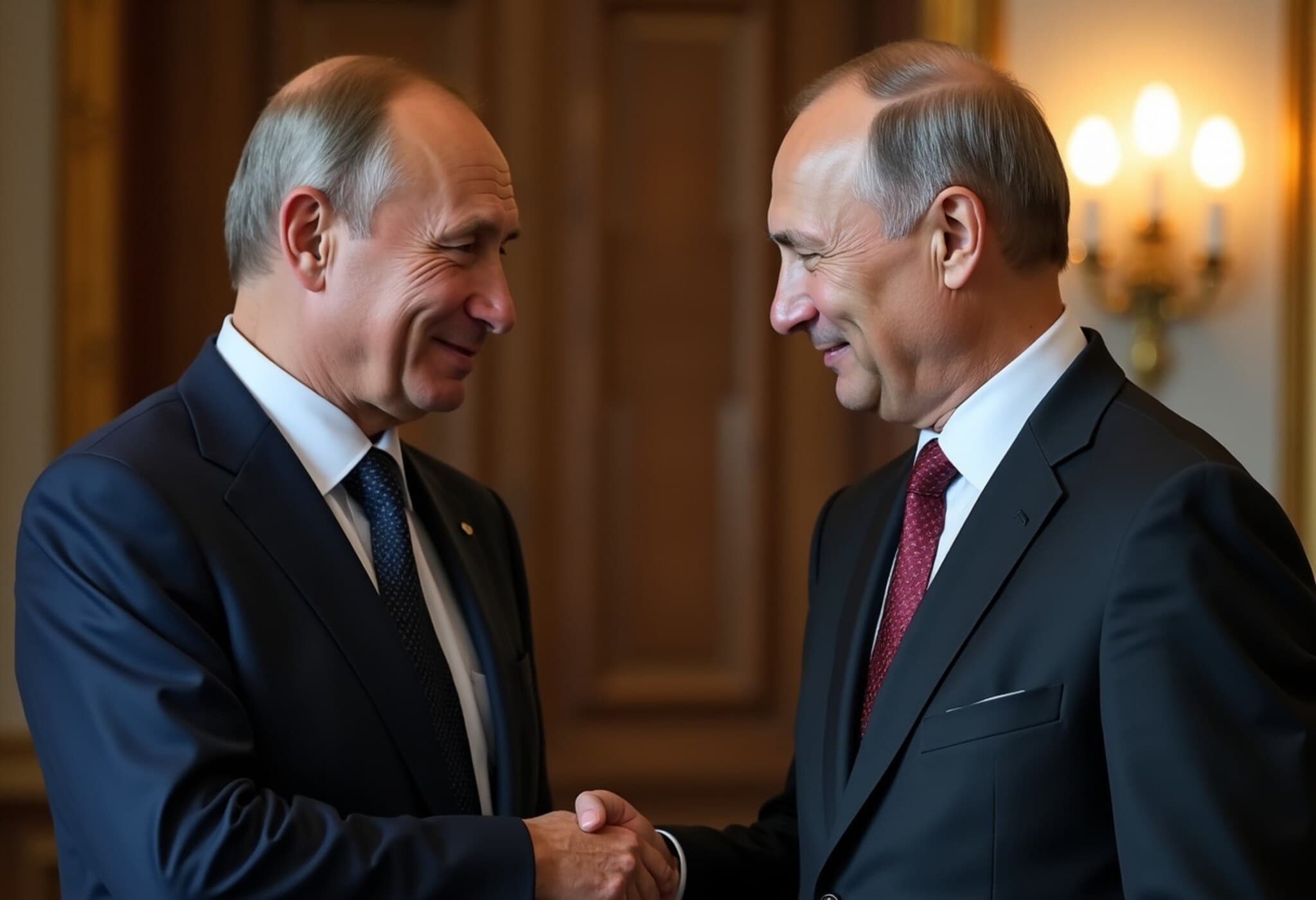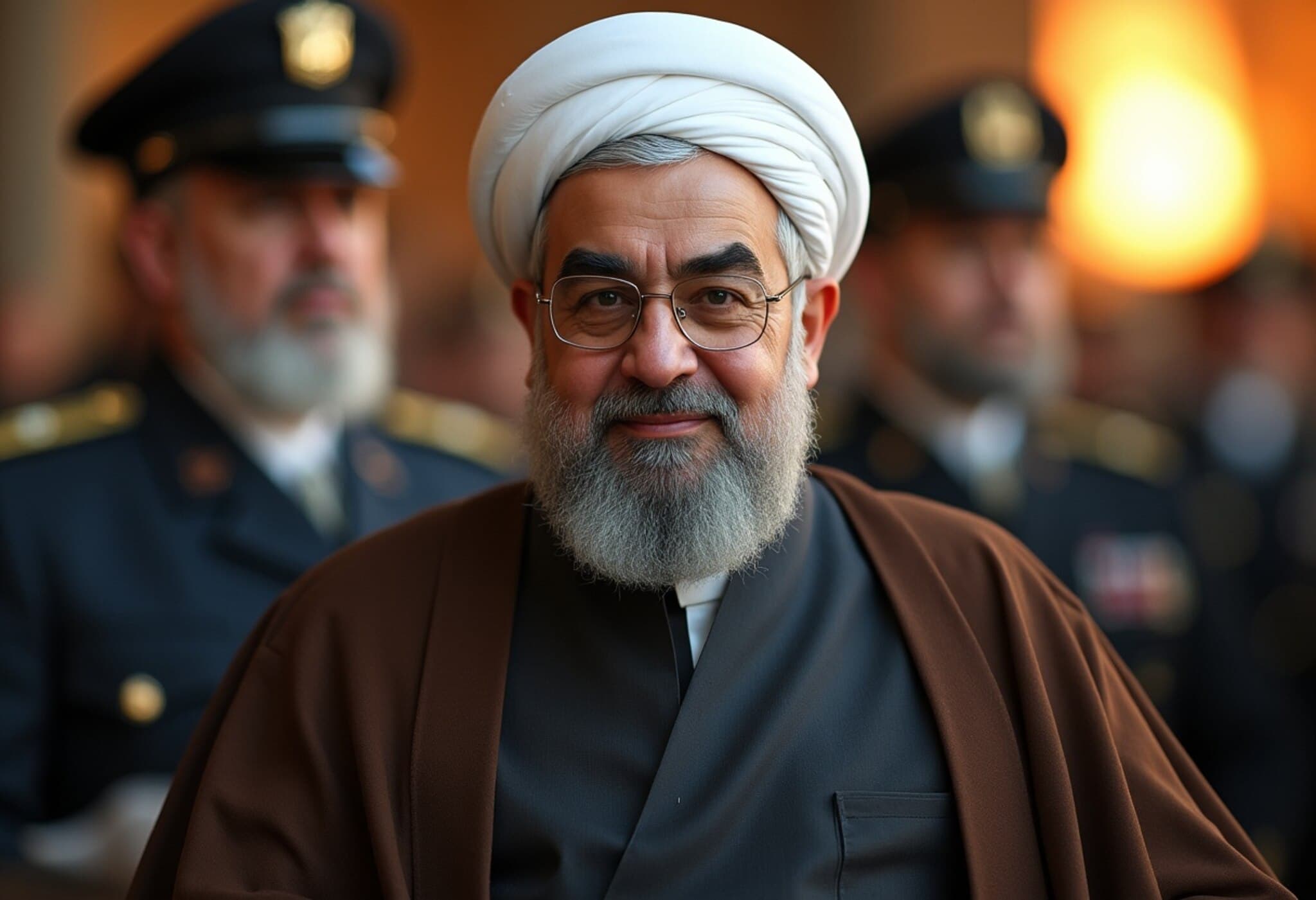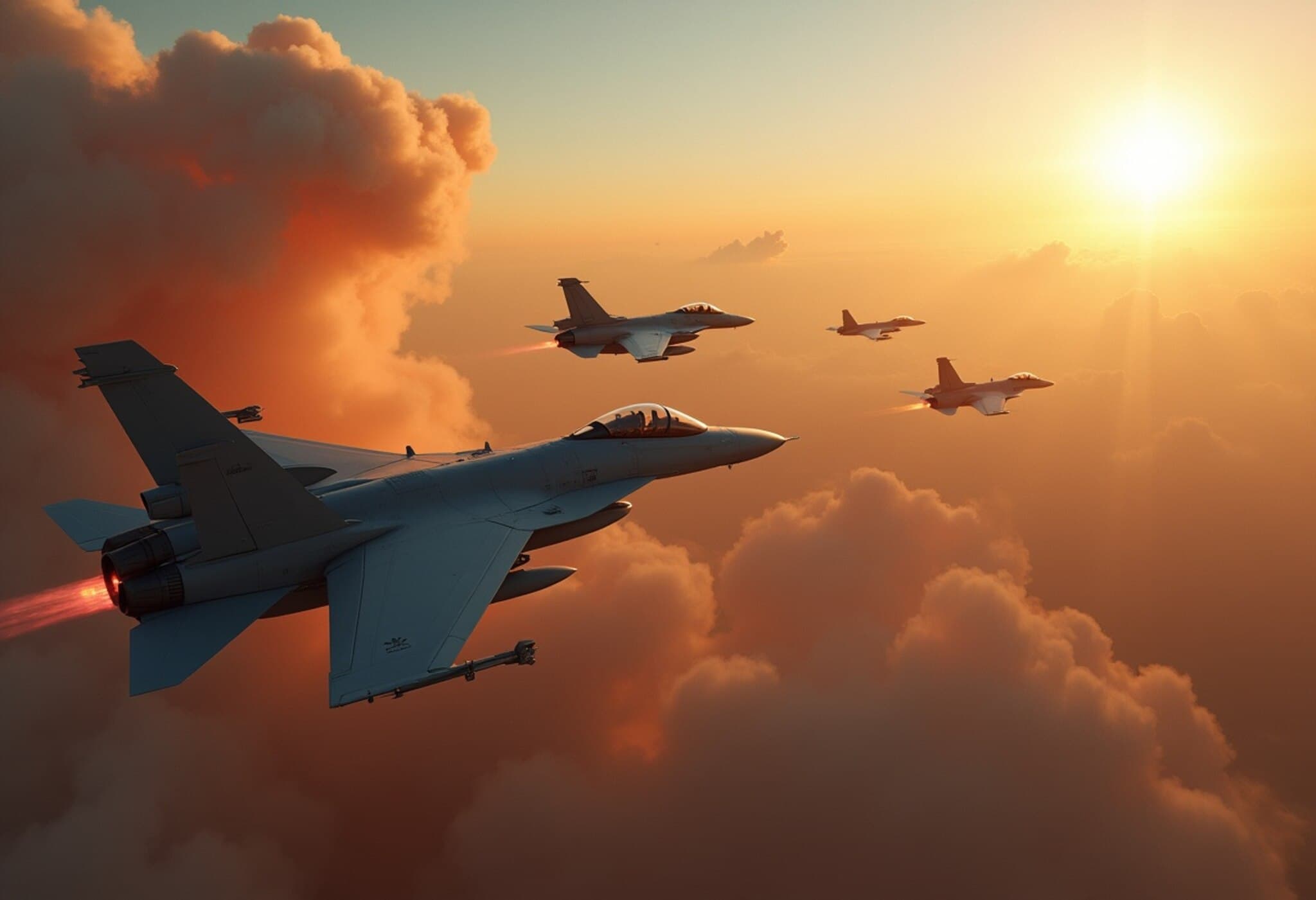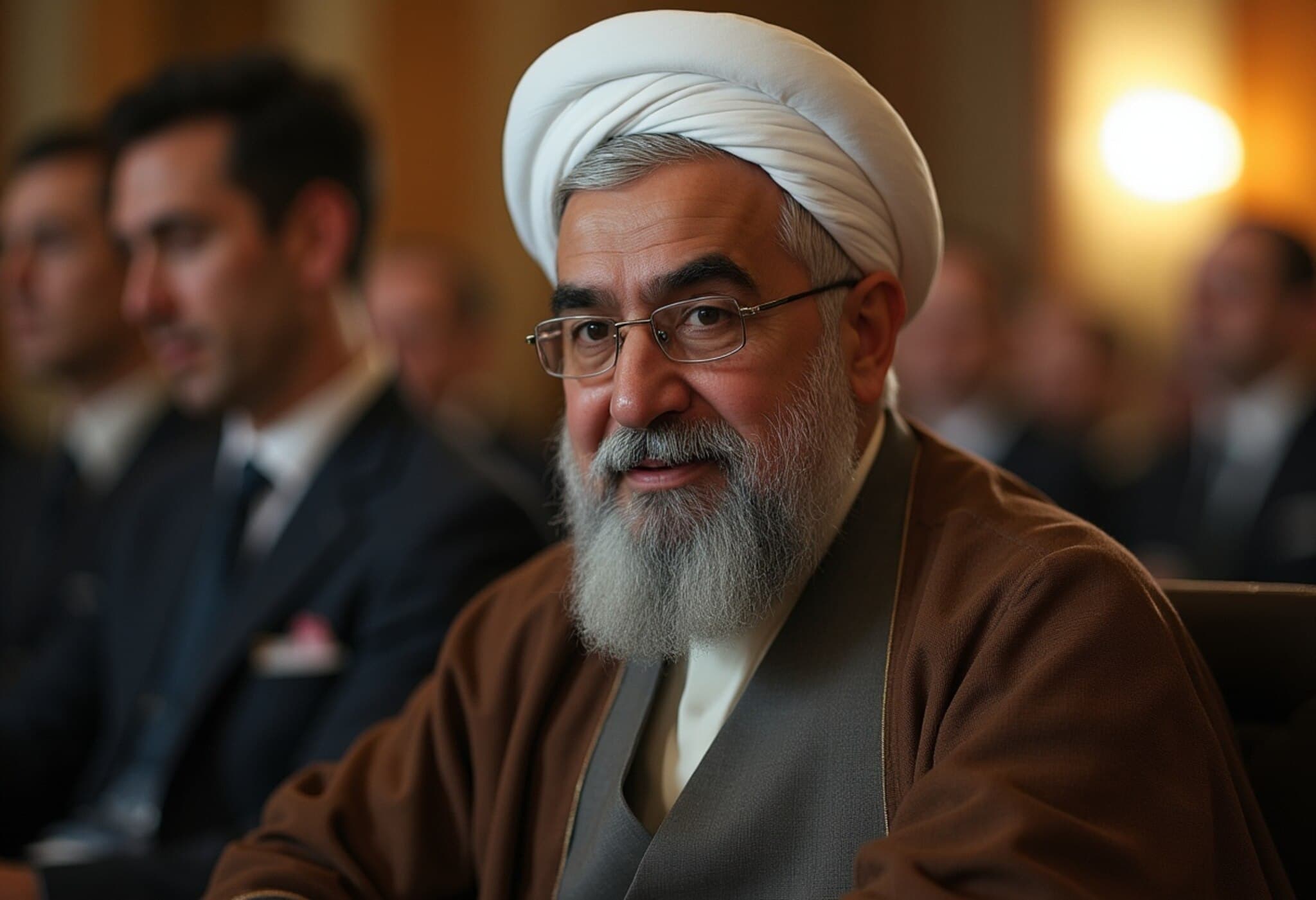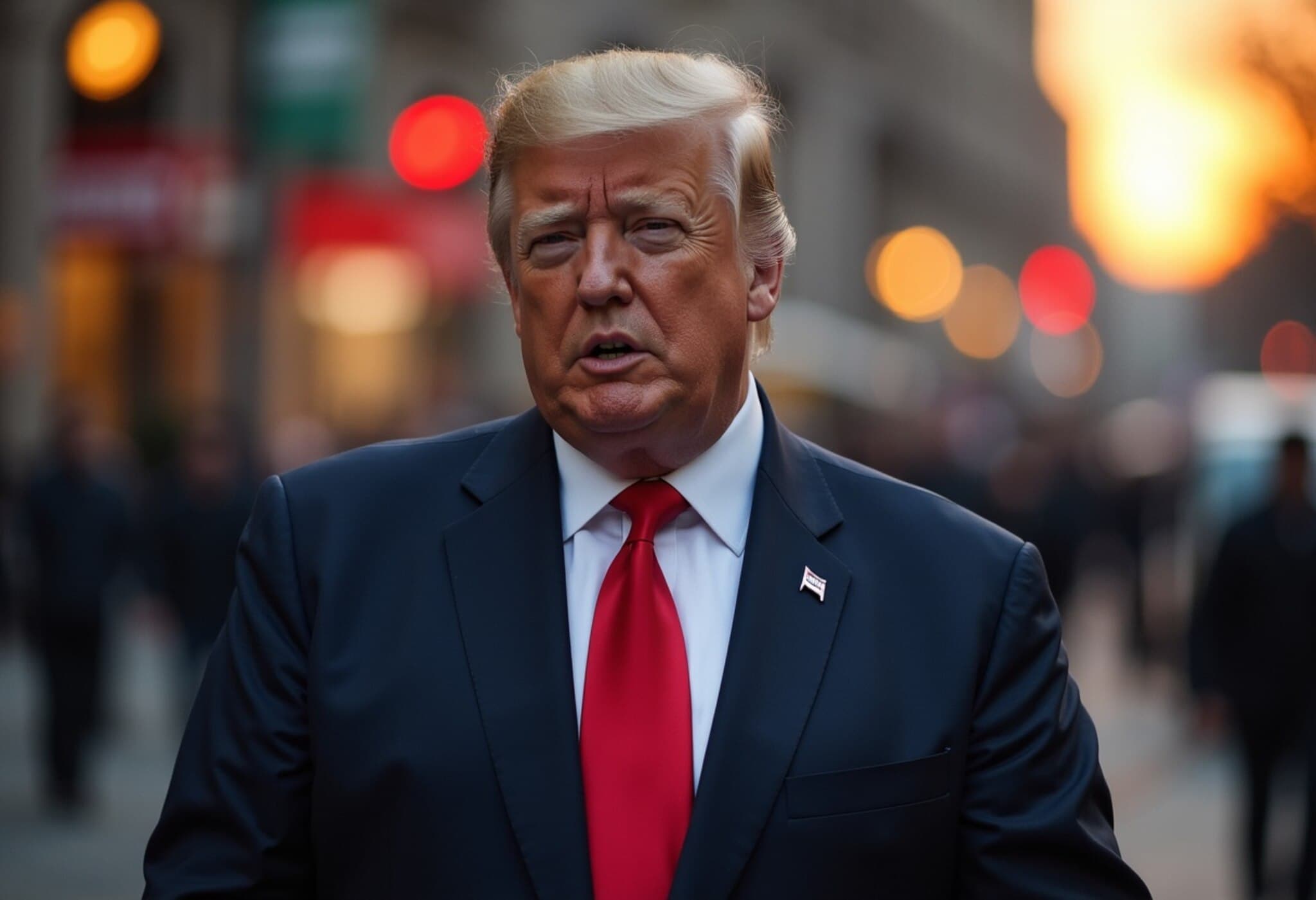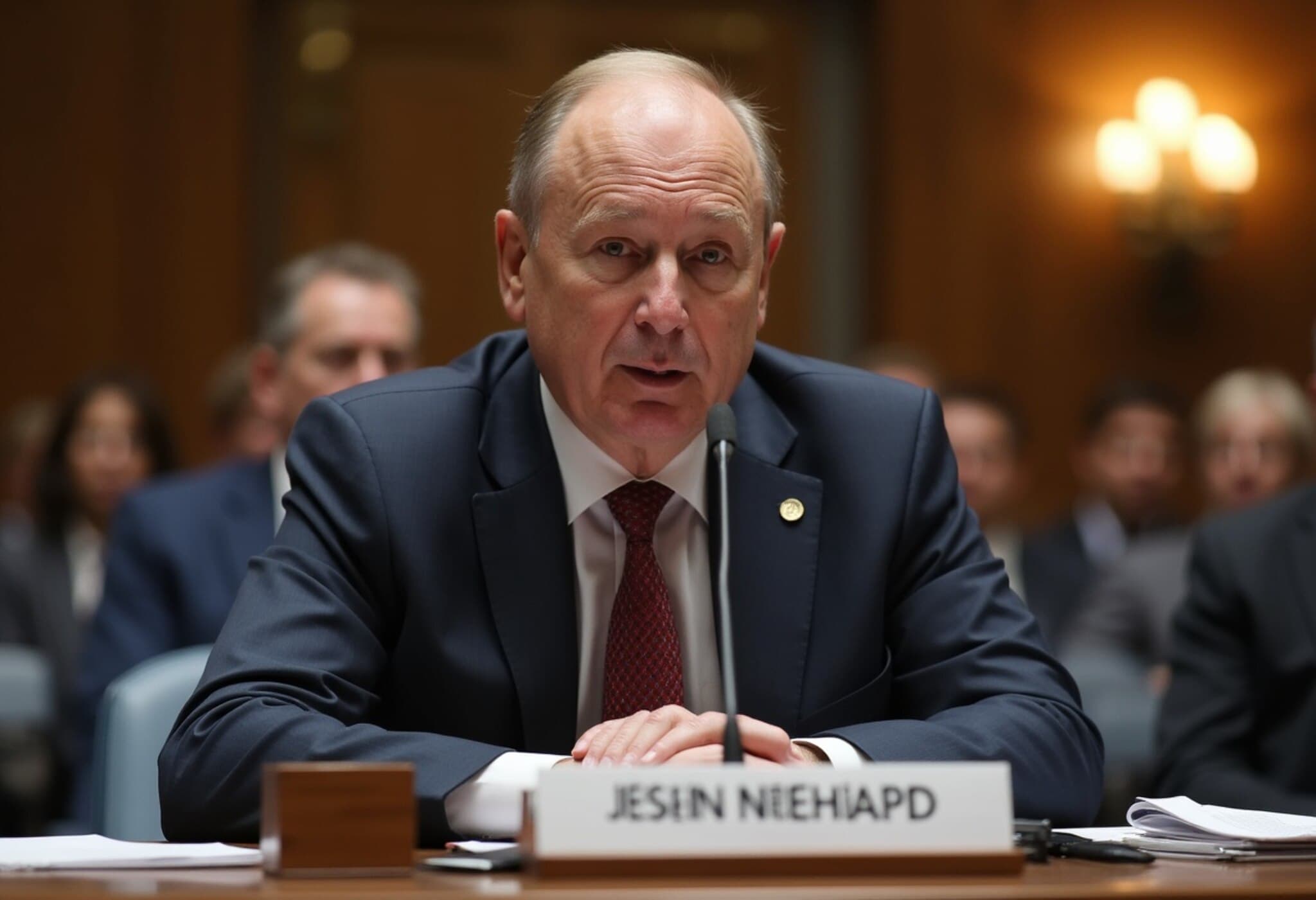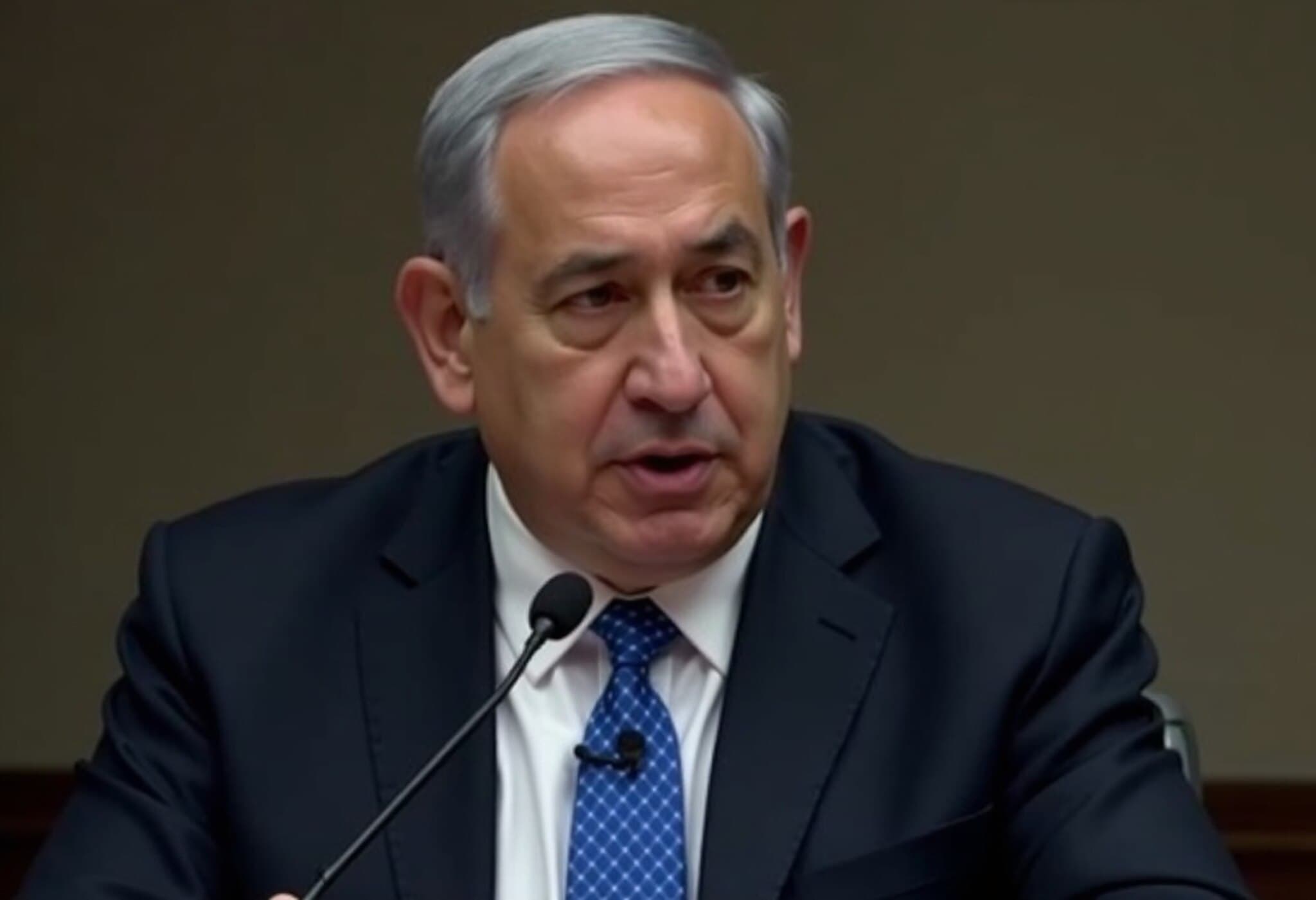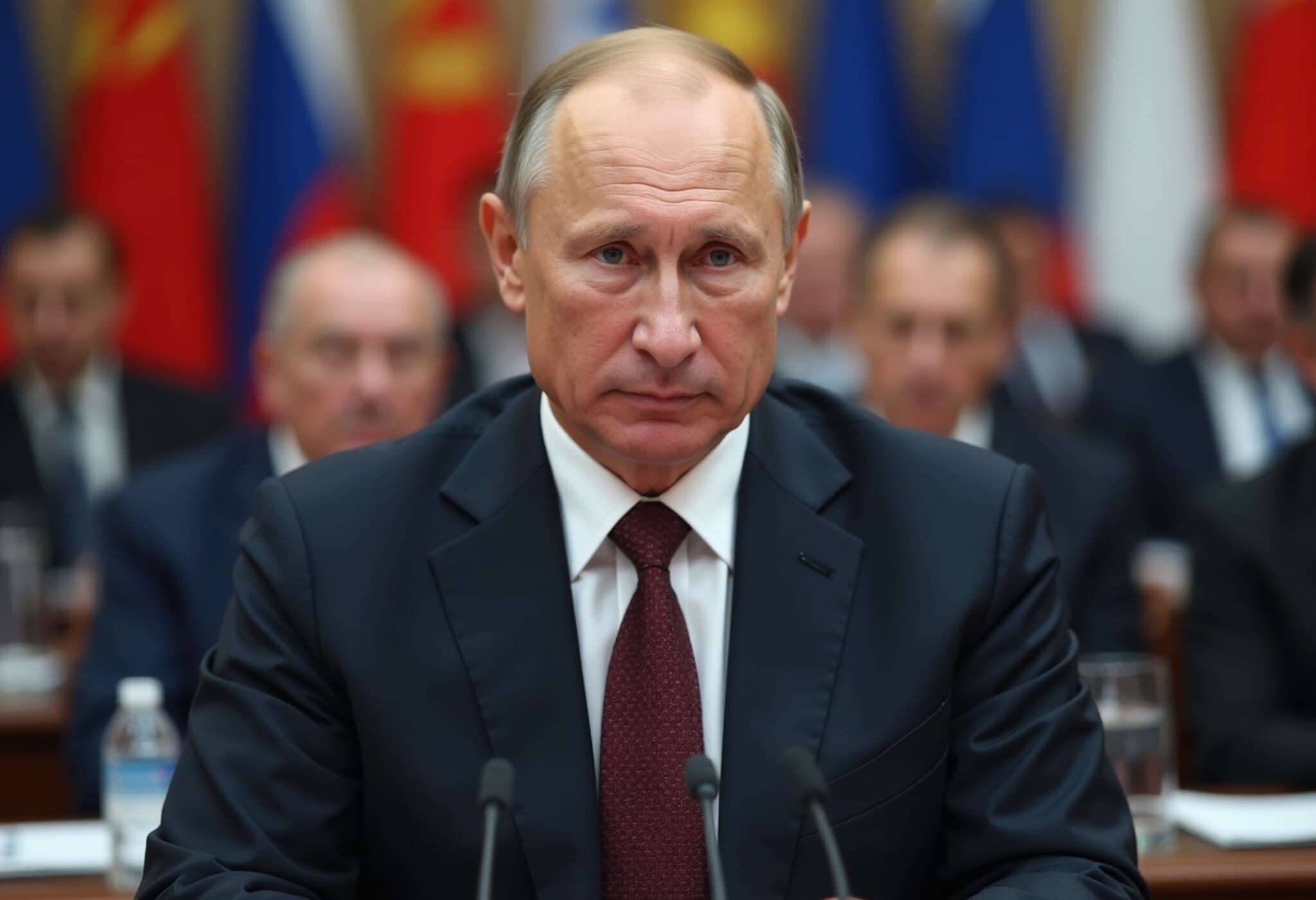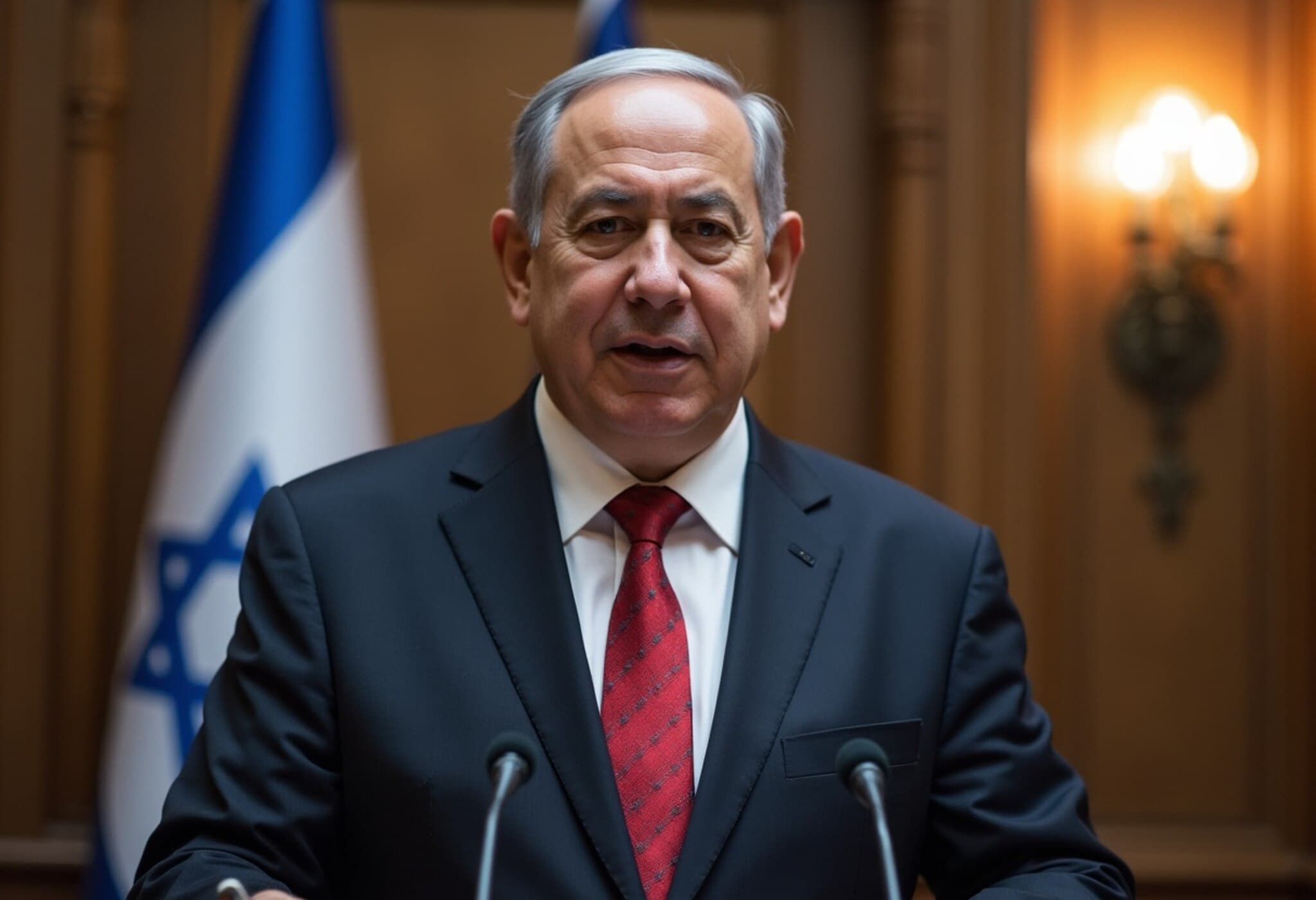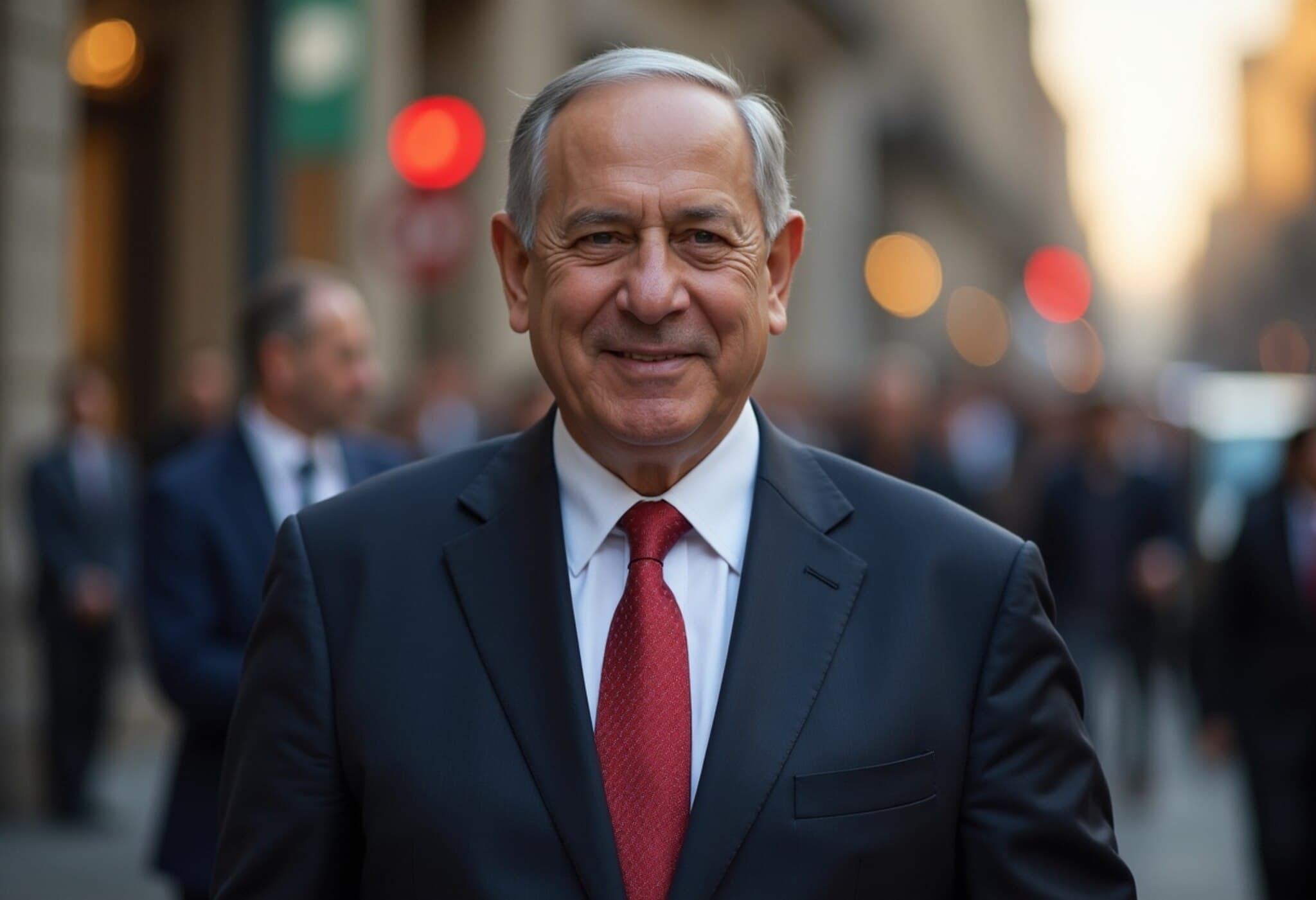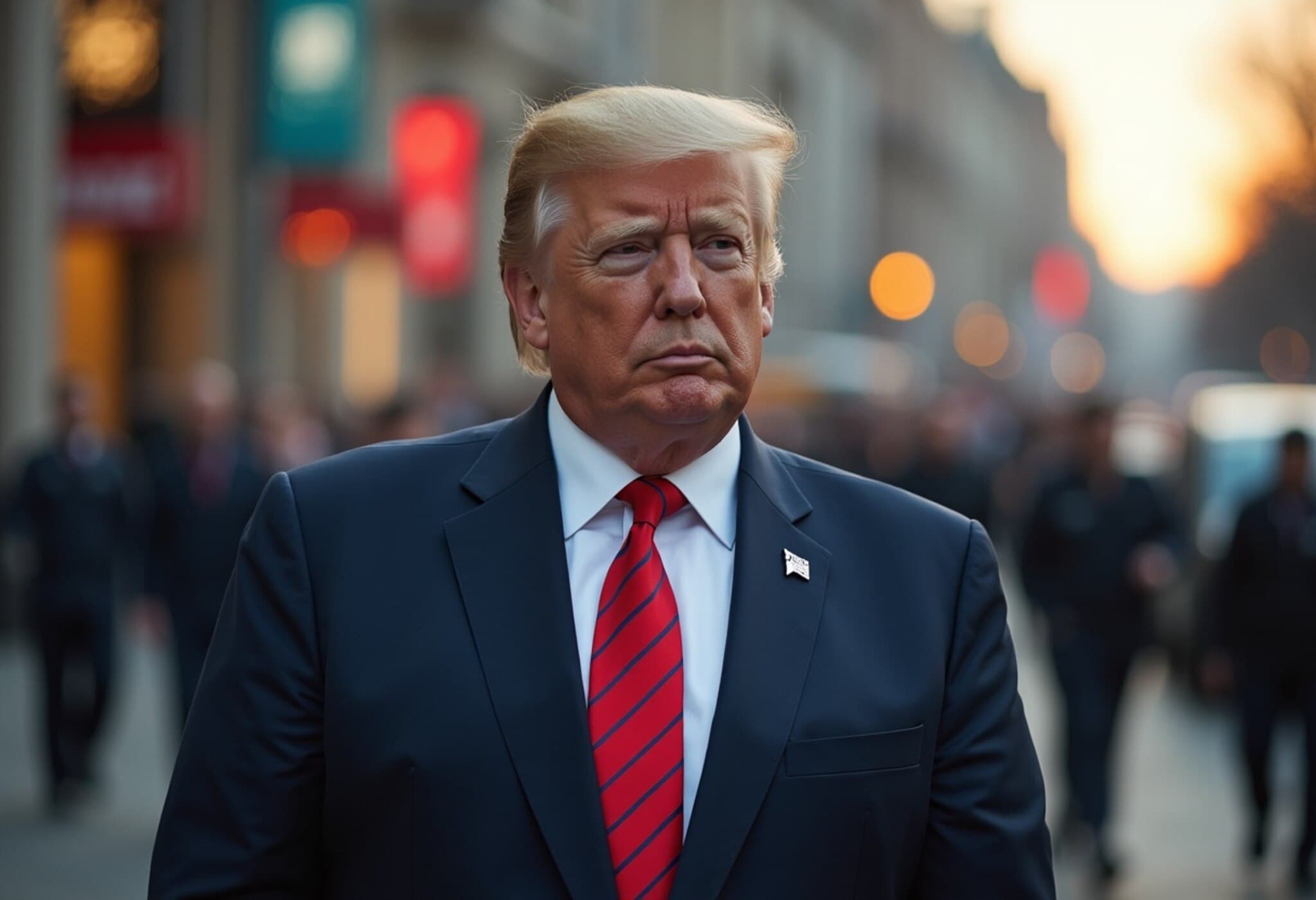Putin and Iran’s Ali Larijani Hold Surprise Talks on Nuclear Issues
In an unexpected diplomatic move, Russian President Vladimir Putin met privately on Sunday with Ali Larijani, a senior advisor to Iran’s Supreme Leader Ayatollah Ali Khamenei. The discussion, held within the walls of the Kremlin, centered on the increasingly sensitive topic of Tehran’s nuclear program and the intensifying political tensions enveloping the Middle East.
Key Points from the Meeting
Kremlin spokesperson Dmitry Peskov confirmed the encounter, noting that Larijani conveyed detailed assessments of the evolving situation both concerning the Iranian nuclear dossier and the broader regional instability. Peskov emphasized that Putin reiterated Russia’s established stance, which seeks regional stability and a negotiated political settlement that addresses the nuclear issue pragmatically.
This diplomatic engagement signals Russia’s ongoing role as a vital actor and mediator in Middle Eastern affairs amid growing challenges on multiple fronts.
Russia-Iran Relations: A Strategic Partnership Under Pressure
Russia has long maintained a cordial and strategically important relationship with Iran, characterized by military cooperation, diplomatic support, and economic collaboration. Despite international sanctions and Western pressure, Moscow has provided Tehran with crucial backing in various global forums, supporting Iran’s right to peaceful nuclear technology while encouraging dialogue.
The region, however, remains a powder keg, with rivalries among countries like Israel, Saudi Arabia, and the United States escalating tensions that risk militarized confrontations.
Renewed European Engagement Sparks Hope for Nuclear Talks
Adding a new dimension to the story, Iran’s state-run Tasnim News Agency reported that Tehran has agreed to resume talks with three major European powers: Britain, France, and Germany. These nations, part of the original 2015 Iran nuclear deal (JCPOA), have signaled intent to reengage with Iran in the coming days.
A German diplomatic source confirmed to AFP that fresh negotiations are scheduled soon, aimed at finding common ground to curb Iran’s nuclear program in exchange for sanction relief and security guarantees. This revival of European diplomacy underscores the delicate balancing act faced by all stakeholders seeking to prevent nuclear proliferation while preserving regional peace.
Expert Insights: What This Means for Global and U.S. Policy
From an American policy perspective, this development is significant. The United States has historically approached Iran’s nuclear ambitions with a combination of sanctions and strategic patience, supporting dialogue yet wary of Iran’s regional behavior. Putin’s meeting with Larijani reveals Russia’s proactive attempt to influence outcomes that might sideline Western policies or reshape power balances.
Experts suggest that Russia aims to position itself as an indispensable broker, potentially complicating U.S. efforts to unify international approaches toward Iran.
Moreover, the renewed European talks highlight an appetite for diplomatic resolution that could relieve some tensions but also bring challenges in enforcing compliance and verifying Iran’s nuclear activities.
Questions That Remain Unanswered
- Will Russia leverage its relationship with Iran to push a peace path that suits Moscow’s geopolitical interests?
- Can renewed European talks align with U.S. policies, or will divergences deepen?
- How will regional powers, especially Israel and Gulf states, respond to these shifts?
- What safeguards will be implemented to ensure that nuclear negotiations lead to verifiable disarmament?
Conclusion: Navigating a Complex Geopolitical Landscape
The Kremlin’s surprise meeting with Ali Larijani spotlights the interconnected and often unpredictable nature of Middle East diplomacy. Stability in this region requires balancing diverse interests, mediating historic mistrust, and fostering genuine political settlements. While Russia’s engagement underscores its ambition to be a key player, renewed European involvement hints at cautious optimism for dialogue.
Ultimately, how this trilateral dynamic unfolds—between Russia, Iran, and Europe—will have profound implications for global non-proliferation efforts, regional security, and the broader quest for peace in the Middle East.
As tensions simmer and diplomatic chess games continue, one must ask whether the world is truly moving toward stability or merely recalibrating power plays disguised as negotiations. Observers should watch closely for tangible outcomes from upcoming talks and remain vigilant about the voices less heard—those of regional civilians impacted by instability and potential conflict.

